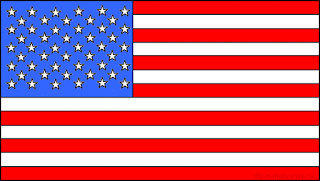Book Review: The Other Slavery

The Other Slavery: The Uncovered Story of Indian Enslavement In America by Andrés Reséndez is an important book that you will want to add to your library collection. Hardcover: 448 pages Publisher: Houghton Mifflin Harcourt (April 12, 2016) Language: English ISBN-10: 0547640986 ISBN-13: 978-0547640983 Product Dimensions: 6 x 1.5 x 9 inches It is important in several areas: History Economics Law Political Science It sheds new light on so many areas. It shook my understanding and revitalized my resolve to learn as much as possible about the history of our country and of the genocide that took place and in many ways is still taking place against indigenous people. For instance, I had no idea that smallpox did not hit the Caribbean until a full 26 years after Columbus' invasion. This gives new light to the claim that the majority of these Indians died from disease. These people were murdered or worked to death. The book cov...



